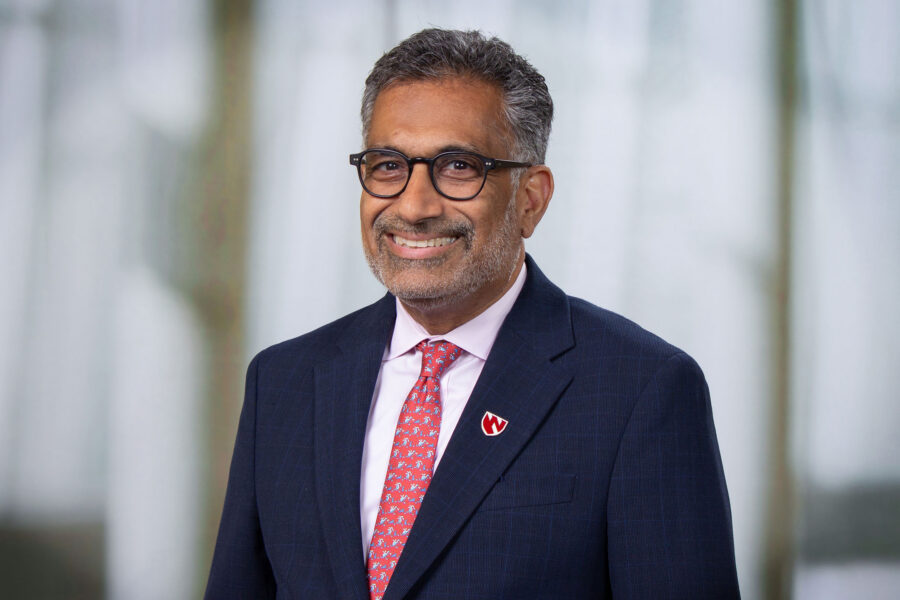Newsroom
University of Nebraska launches search for next UNMC chancellor
A committee comprised of representatives from UNMC, Nebraska Medicine, each of the other NU campuses and members of the community will lead the process.
Feb 5, 2026
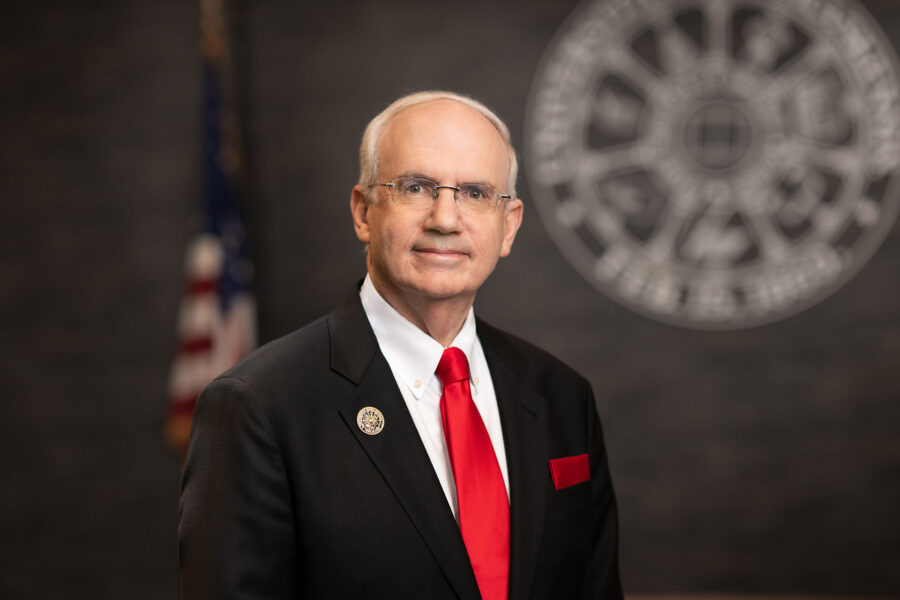
Human resources’ Carmen Sirizzotti named UNMC’s Gold U recipient
Sirizzotti, who will be honored at today’s regents meeting, is recognized for her leadership and impact across UNMC.
Feb 5, 2026
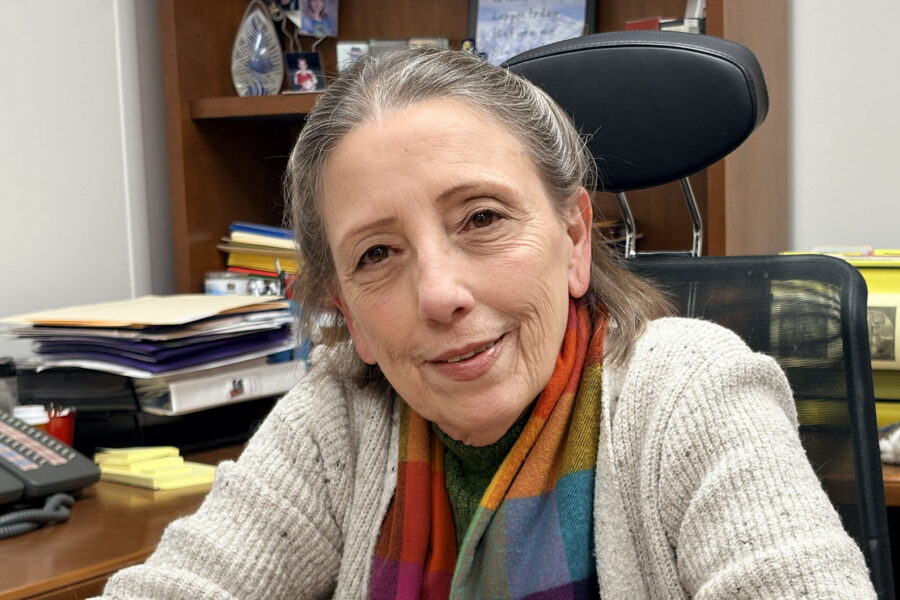
‘Back-o-the-Napkin’ contest returns, entries due in March
UNeMed is putting out a call for inventive faculty to put some form to their ideas in this annual contest.
Feb 5, 2026
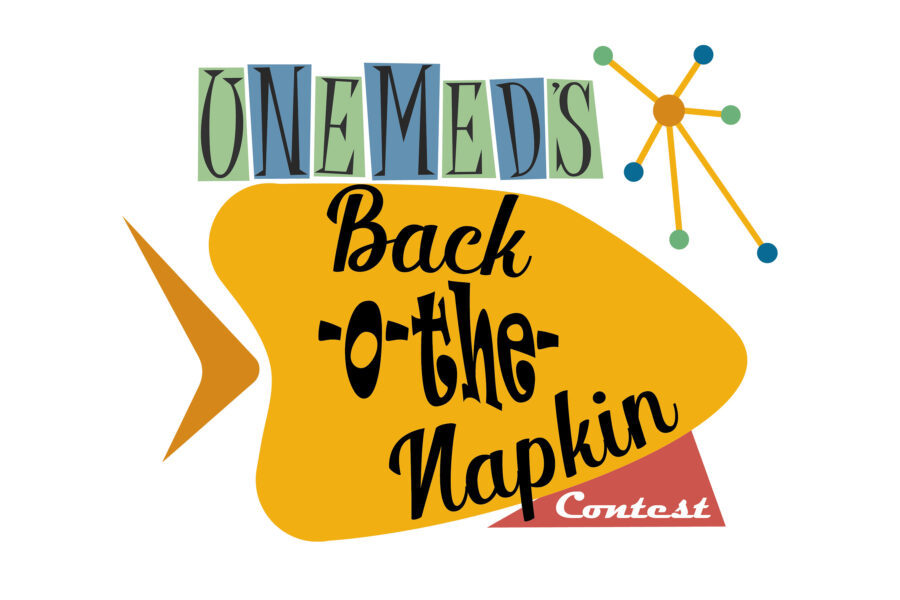
Cybercriminals never take days off, so be vigilant
Here are reminders of what to do to protect yourself and the organization from a cyberthreat risk.
Feb 5, 2026

Faculty and postdoctoral reviewers needed
Faculty and postdoctoral scholars can help evaluate presentations at the Midwest Student Biomedical Research Forum March 7.
Feb 5, 2026
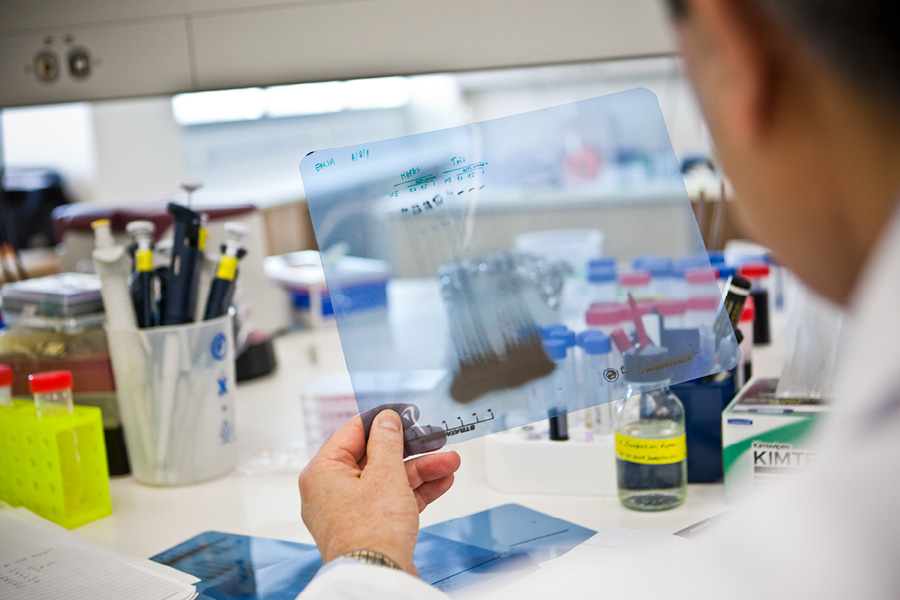
Honoring Aidan’s legacy
A generous gift from the Aidan O’Neil Foundation will support gene and cellular therapy research at the Fred & Pamela Buffett Cancer Center.
Feb 5, 2026
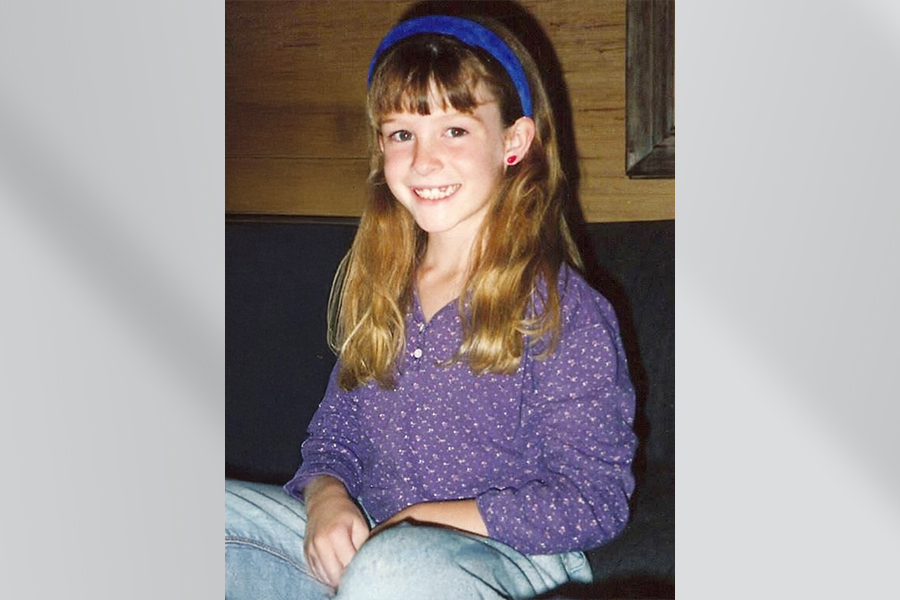
UNMC confers first Doctor of Medical Science degrees
The DMSc degree can be essential for some physician assistants to maintain clinical expertise and grow with standards.
Feb 5, 2026
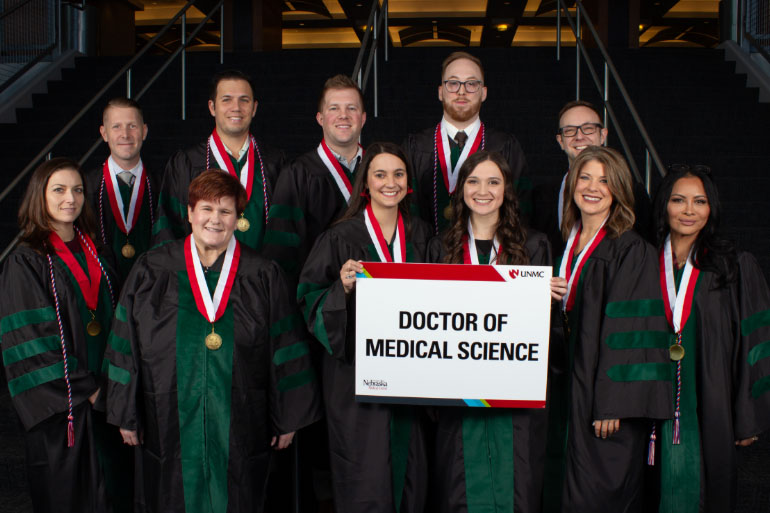
Bundle up for the planet: Winter sustainability on campus
Here are some simple steps the med center community can take to support campus sustainability goals.
Feb 5, 2026
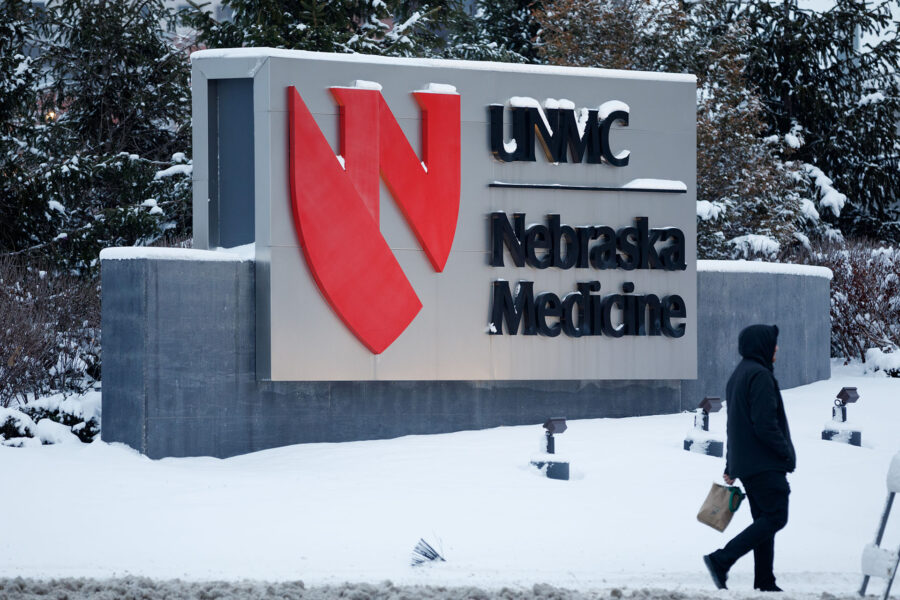
Abbey Fingeret, MD, PhD, named Varner Educator Laureate
Dr. Fingeret, an associate professor of surgical oncology who joined UNMC in 2016, called the recognition an extraordinary honor.
Feb 4, 2026
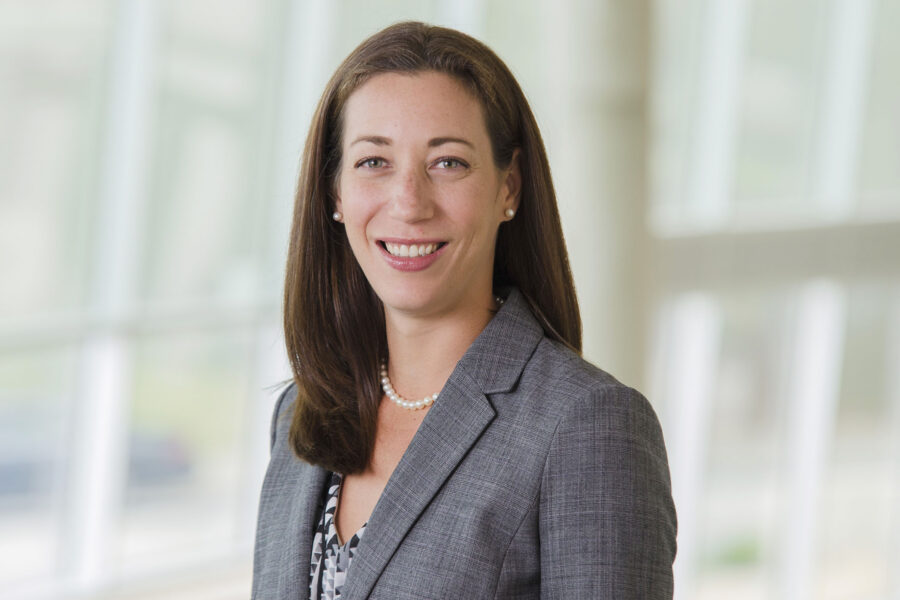
Dr. Khan joins polio eradication efforts in Afghanistan and Pakistan
Public Health Dean Ali S. Khan, MD, MPH, will serve on an advisory group convened by the World Health Organization’s Eastern Mediterranean Region.
Feb 4, 2026
